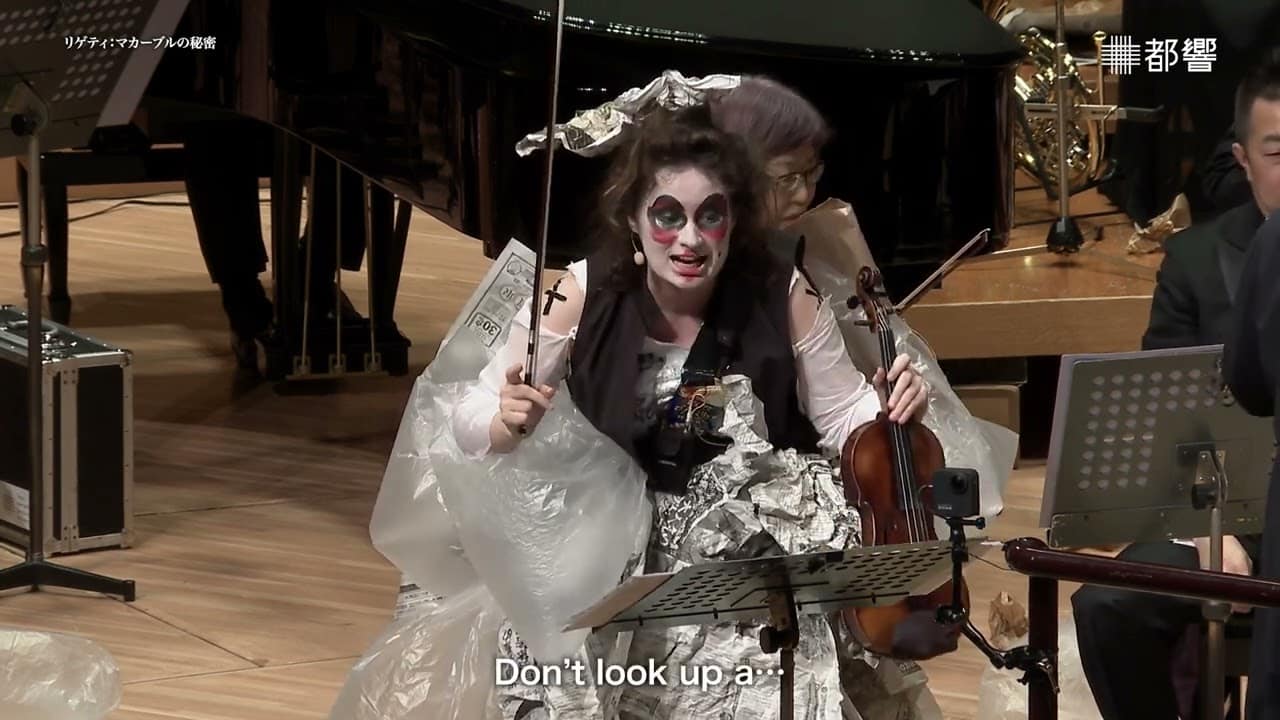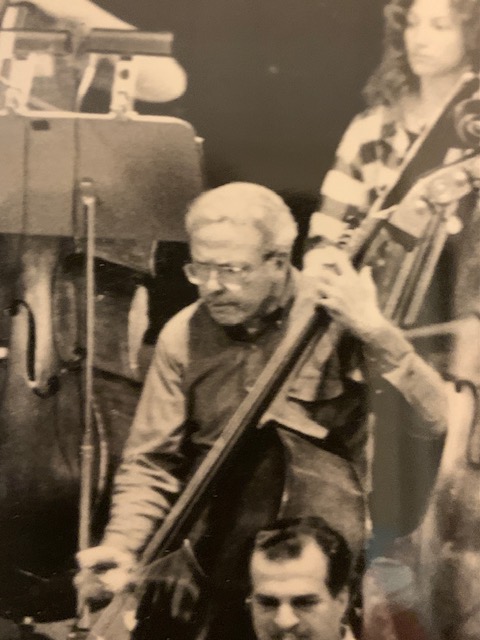Sibelius publisher: We never upped the fee for the Vienna Philharmonic
mainOn the contrary, say publishers Breitkopf & Härtel in a statement today, we actually offered a reduction. But the Vienna Phil were still too mean to pay for Valse triste at their New Year’s concert. And then they manipulated the truth.
Statement below:

No Front-Row Seat for Sibelius, Regrettably
Breitkopf & Härtel deeply regrets the decision of the Vienna Philharmonic Orchestra to withdraw Jean Sibelius’ “Valse triste” from the program of its 2015 New Year’s Concert. As grounds for its withdrawal, the orchestra claims that the publisher is demanding excessively high fees. This is not the case.
On the contrary, Breitkopf & Härtel’s initial offer was moderate already. Another substantial reduction of the fees, taking into consideration the special cultural aspect of the inauguration of the Sibelius Year in the frame-work of the New Year’s Concert, still failed to bring about an agreement.
The sole issue for the negotiation was the license fee claimed by the publisher for the film rights (synchronization rights). Only the broadcasting and public performance rights (via radio, television, etc.) of “Valse triste” are protected by performing rights organization (e.g. GEMA): they thus were not an issue in Breitkopf & Härtel’s contract offer. There were also no hire fees involved, since the sheet music to “Valse triste” is exclusively available as sales material and is subject to controlled prices in Germany and Austria.
Jean Sibelius would have deserved a “front row seat” at the concert marking the beginning of the year in which his 150th birthday will be celebrated far and wide.
(Everywhere except Vienna.)
Sibelius nicht in der ersten Reihe
Mit Bedauern nimmt Breitkopf & Härtel die Nachricht der Wiener Philharmoniker zur Kenntnis, dass „Valse triste“ von Jean Sibelius aus dem Programm des Neujahrskonzerts 2015 genommen wurde. Als Gründe für die Absage werden unakzeptabel hohe Forderungen des Verlags angegeben.
Dies ist nicht der Fall. Breitkopf & Härtel hatte vielmehr ein erstes, bereits moderates Angebot unterbreitet und dieses Angebot in Anerkennung des besonderen kulturellen Aspekts, der im Neujahrskonzert durch die Eröffnung des Sibelius-Jahres gegeben war, noch einmal stark reduziert, ohne dass dies zu einer Einigung geführt hatte.
Verhandlungsgegenstand war lediglich das vom Verlag beanspruchte Lizenzentgelt für das Filmverwendungsrecht (Synchronization Right). Nur die Rechte zur öffentlichen Aufführung und zur Sendung (im Hörfunk, Fernsehen etc.) werden bei „Valse triste“ von Verwertungsgesellschaften (z. B. GEMA) wahrgenommen. Sie waren somit nicht Gegenstand des Vertragsangebots von Breitkopf & Härtel. Auch Mietentgelte für das Notenmaterial fallen nicht an, da die Noten zu „Valse triste“ ausschließlich käuflich zu erwerben sind und in Deutschland und Österreich der Preisbindung unterliegen.
Jean Sibelius hätte es verdient gehabt, zu Beginn des Jahres, in dem allerorten seines 150. Geburtstags gedacht wird, fiktiv in der ersten Reihe des Konzerts zu sitzen.





Comments